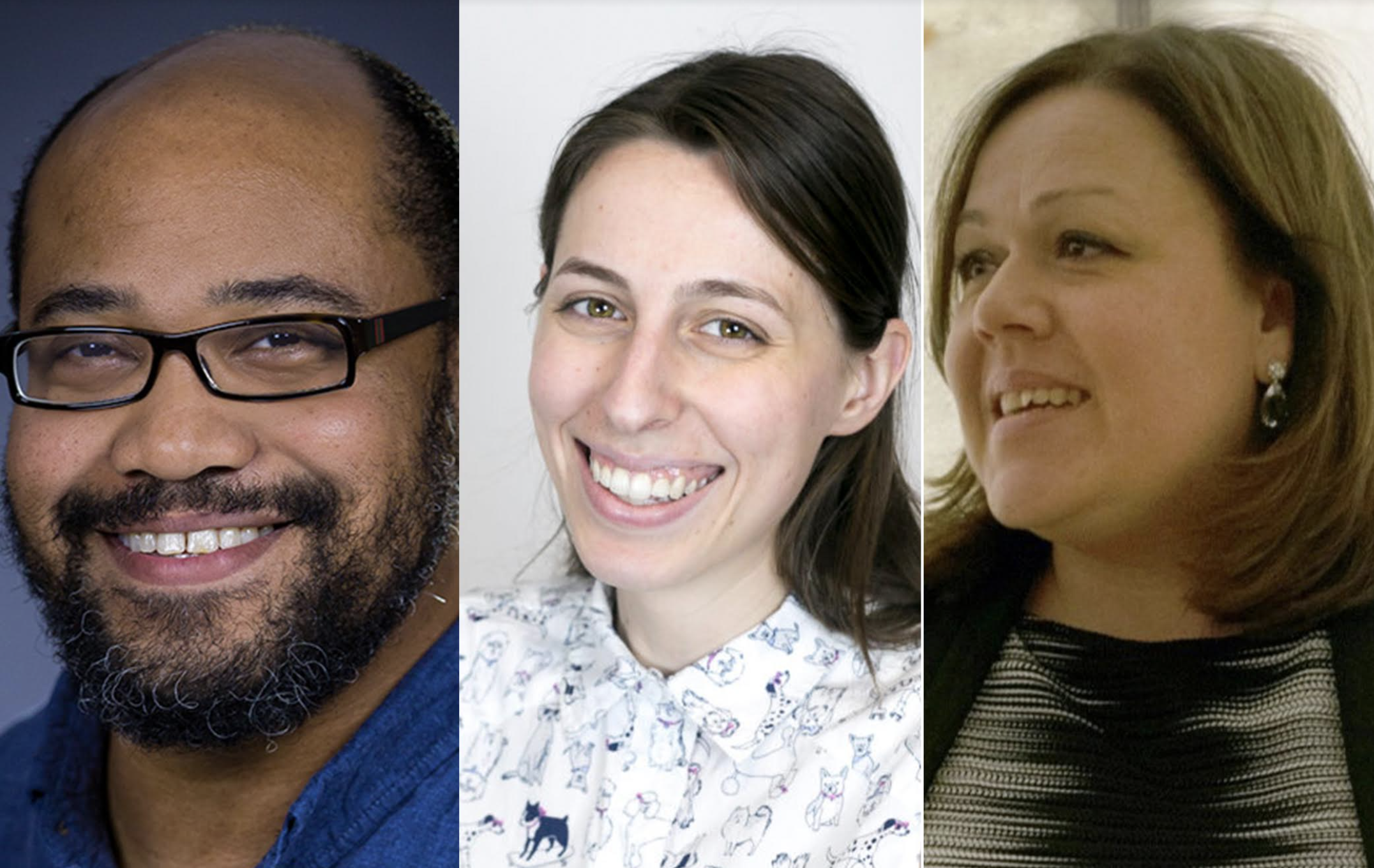
- Details
- By Native News Online Staff
Bard College will be hosting the second annual conference of Rethinking Place: Bard-on-Mahicantuck, part of the Mellon Foundation’s Humanities for All Times initiative, from October 12 to the 14.
Building on last year’s conference surrounding methods, viewpoints, and experiences of archives within Native American and Indigenous Studies, the conference will explore historically marginalized epistemologies of social sciences and arts research.
Lectures, conversations, performances, and workshops will aim to unpack the historic and contemporary legacy of harm that social science research perpetuates on Indigenous communities. Special attention will be given to practices of research refusal within the work of Audra Simpson (Kahnawà:ke Mohawk) and to research-as-creation through musical performance, workshops in researching plants and seed archives, and the re-creation and amplification of narrative through Wikipedia edits.
Schedule of Events will include:
Thursday, October 12 at 1:30 pm, Bard Campus Center’s Weis Cinema: All workshops will open with the Director of Cultural Affairs for the Stockbridge-Munsee Band of Mohicans Monique Tyndall (Stockbridge-Munsee Mohican). As Bard College is an institution that produces research and writing on the unceded traditional homelands of the Stockbridge-Munsee Community, this imperative preliminary workshop will provide foundational frameworks for the next three days of learning.
Friday, October 13 at 9:30 am, Reem-Kayden Center’s Bito Auditorium: Local Contexts, a global initiative that supports Indigenous communities with tools that can reassert cultural authority in heritage collections and data, will share how the Local Contexts Traditional Knowledge and Biocultural Labels and Notices are being used alongside other interventions to lead to Indigenous attribution, authorship, access, authority, and autonomy. Following this keynote address, concurrent morning workshops include a conversation on the creation of an institutional research guidebook by Rethinking Place Post-Baccalaureate Fellows, Wikipedia edit-a-thons, and a tour of a current exhibition at the Hessel Museum of Art (CCS Bard) “Indian Theater: Native Performance, Art, and Self-Determination Since 1969”. After lunch, another round in the early afternoon includes Three Sisters and The Fourth: Natural Dye and Plant Research in the Archives co-led by Lucille Grignon of Ancient Roots Homestead and Beka Goedde of Bard Studio Arts, Land Narratives & Solidarity in the Archives led by Frances Cathryn and Zariah Calliste of Forge Project, and a roundtable on research in the arts with Jonathon Adams, Rebecca Hass, and Luis Chavez.
Friday afternoon’s keynote address at 3:45 pm, Reem-Kayden Center’s Bito Auditorium: “Intersectionality and Ethnography” will be given by Robert Keith Collins, a four-field trained anthropologist and Associate Professor of American Indian Studies at San Francisco State University.
Saturday, October 14 at 10:30 am, Reem-Kayden Center’s Bito Auditorium: recipients of Rethinking Place student research funding will present their work prior to a performance by nêhiyaw michif (Cree-Métis) baritone Jonathon Adams, whose work of recovering and developing a Cree and Metis repertoire, in language and traditional song, is to them “an act of resurgence.” The performance will take place in Olin Auditorium at 2:00pm.
Saturday, October 14 at 5:30pm, Olin Auditorium: Closing keynote address of the conference and the inaugural Quinney-Morrison Lecture of Rethinking Place, will be delivered by Audra Simpson, a political anthropologist currently based at Columbia University and author of Mohawk Interruptus: Political Life Across the Borders of Settler States. Her talk, “Savage States: Settler Governance in an Age of Sorrow,” asks “not only in what world we imagine time to stop, but takes up the ways in which those that survived the time stoppage stand in critical relationship to dispossession and settler governance apprehend, analyze and act upon this project of affective governance.”
More Stories Like This
Hanging a Red Dress for Christmas: MMIP, Native Higher Education, and Hope for a Better New YearNative Students Can Win $5,000 Scholarship, International Distribution in Pendleton Design Contest
American Indian College Fund Raises Alarm Over Plan to Shift Native Programs Away From the Dept. of Education
MacKenzie Scott Foundation Gives $5 Million Contribution to Little Priest Tribal College
Tribal Leaders Push Back on Dismantling of U.S. Department of Education
Help us defend tribal sovereignty.
At Native News Online, our mission is rooted in telling the stories that strengthen sovereignty and uplift Indigenous voices — not just at year’s end, but every single day.
Because of your generosity last year, we were able to keep our reporters on the ground in tribal communities, at national gatherings and in the halls of Congress — covering the issues that matter most to Indian Country: sovereignty, culture, education, health and economic opportunity.
That support sustained us through a tough year in 2025. Now, as we look to the year ahead, we need your help right now to ensure warrior journalism remains strong — reporting that defends tribal sovereignty, amplifies Native truth, and holds power accountable.
 The stakes couldn't be higher. Your support keeps Native voices heard, Native stories told and Native sovereignty defended.
The stakes couldn't be higher. Your support keeps Native voices heard, Native stories told and Native sovereignty defended.
Stand with Warrior Journalism today.
Levi Rickert (Potawatomi), Editor & Publisher


